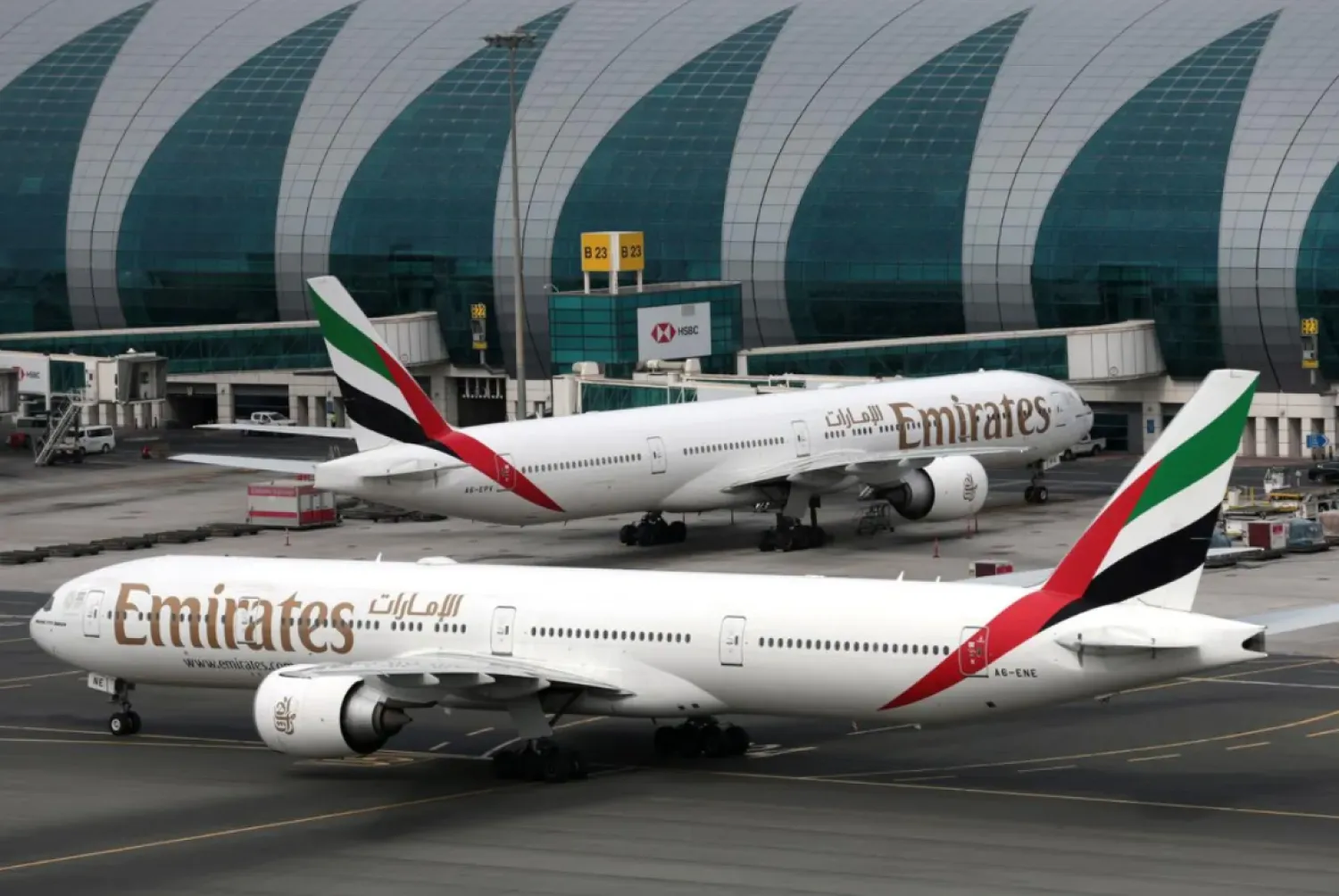Oil and gas prices soared, stock markets slid and the dollar firmed on Monday as the widening Iran war shook financial markets across the globe.
European natural gas prices rocketed more than 50 percent after Qatar's state-run energy firm said it had halted liquefied natural gas production following Iranian attacks on facilities at two of its main gas processing bases.
Meanwhile world crude futures surged nearly nine percent on fears of disruption to supplies.
Asian and European stock markets retreated as much as over two percent as investors exited trades in favour of the dollar and gold, seen as safer bets in times of economic unrest, according to AFP.
The greenback jumped nearly one percent against the British pound before paring gains, while the precious metal rose 3.1 percent to $5,410.70 an ounce.
There were sizeable gains to share prices of energy majors and defence companies, with BAE Systems jumping six percent in London.
"Investors are scuttling towards safe havens, seeking shelter as conflict widens in the Middle East," noted Susannah Streeter, chief investment strategist at Wealth Club.
After US and Israeli strikes on Iran over the weekend, Israel bombarded Lebanon on Monday following rocket fire from Hezbollah.
Several American warplanes crashed in Kuwait -- from friendly fire -- and Iran lashed out against the region with missiles as the war expanded.
The bombings have also seen the vital Strait of Hormuz -- through which around 20 percent of global seaborne oil passes -- effectively shut and several ships attacked.
Airline share prices took a battering as carriers were forced to cancel flights -- with Qantas and Singapore Airlines each losing around five percent.
British Airways owner IAG lost 5.8 percent Air France-KLM fell 8.3 percent.
However, energy firms rallied, with Australia's Woodside Energy jumping more than six percent, and PetroChina adding almost four percent.
Shell rose nearly three percent and TotalEnergies more than four percent.
"If higher oil prices persist, it raises the risk of stickier headline inflation," wrote Saxo Markets' Charu Chanana.
This could prove troublesome for US President Donald Trump, who has promised his electorate low prices, as the United States approaches mid-term elections in November.
Rising energy prices, increased shipping costs and loss of revenue for air transport could have "a harmful effect on growth", said economist Eric Dor from the IESEG School of Management in Paris.
"If it's a matter of three days, it's not serious. But if it's over a longer period, then it will have an additional recessionary effect," he told AFP.
In theory, oil-importing countries have reserves, with OECD members required to maintain 90 days' worth of stocks, but prices above $100 cannot be ruled out according to analysts.
If the disruption at Hormuz continues, "no matter how much spare capacity, (it) is not going to fill that gap. That gap is just too big," said Amena Bakr, head of Middle East and OPEC+ research at analysts Kpler.
Key members of the OPEC+ oil cartel on Sunday announced a greater-than-expected increase to production quotas.









